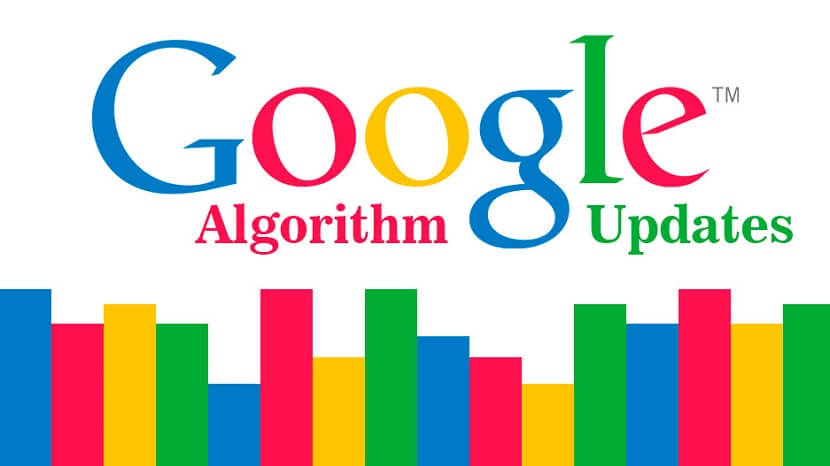
Table of Contents
Google algorithm? Google is constantly evolving its search ranking algorithms to provide users with the best and most relevant results. According to Danny Sullivan (Click here to know more about him) from Google, the search engine makes an average of nine changes per day to their algorithm, the equivalent of over 3,200 changes in a year.
These changes can range from small search query updates to major algorithm shifts, like broad core algorithm updates, which roll out each year.
Google runs more than 600,000 experiments each year to test new features and functionality. These range from natural language processing (NLP) search enhancements to Bidirectional Encoder Representations (BERT)’s
2024 Google Algorithm Updates
Google released the March 2024 Core google Algorithm Update and the March 2024 Spam Update on March 5th
Title: Understanding Google’s March 2024 Update & Spam Policies
Introduction:Today, we’re delving into Google’s latest changes and spam policies to improve search quality. Let’s break it down so everyone can grasp the concept.
Google’s March 2024 Core Update:
Google aims to enhance search quality by prioritizing useful content over clickbait. They’ve revamped core systems to identify helpful content using innovative methods, ensuring a diverse range of signals influence rankings. This update may cause fluctuations in rankings as systems are updated. Creators need not do anything special if they’re already crafting valuable content. The update rollout might take up to a month, with updates posted on Google’s Search Status Dashboard.
New Spam Policies:
Google introduces three new spam policies to combat practices harming search quality: expired domain abuse, scaled content abuse, and site reputation abuse. These policies target practices like manipulating search rankings by purchasing expired domains or generating low-value content in large volumes. Violators risk lower rankings or removal from search results. If penalized, site owners can appeal via their Search Console account.
Understanding Spam Policies:
- Expired Domain Abuse: Buying expired domains to manipulate rankings by hosting irrelevant content.
- Scaled Content Abuse: Generating excessive low-value content to manipulate rankings, regardless of creation method.
- Site Reputation Abuse: Publishing third-party pages to exploit a site’s ranking signals without oversight.
Clarifications on Content Creation:
- AI Content: Google views AI-generated content as spam if its primary aim is to manipulate rankings.
- Scaled Abuse vs. Automatically-generated Content: The new policy emphasizes that producing content at scale to manipulate rankings is abusive, regardless of automation.
Conclusion:
Google’s updates prioritize quality content and combat spammy practices. Creators should focus on providing value to users, avoiding tactics aimed solely at manipulating rankings. The goal is to ensure fair search results where helpful content thrives. Stay tuned for updates on the rollout and share any feedback through the provided channels.
Understanding these algorithms and their objectives is essential for website owners and digital marketers to create high-quality, user-friendly websites that align with Google’s guidelines and provide value to users. By following best practices and focusing on creating valuable, informative content, website owners can improve their search rankings and attract more organic traffic to their websites.
Navigating Google Algorithm Updates: What Every Website Owner Should Know
- Panda: Focus on high-quality, original content without keyword stuffing or copying from other sources.
- Penguin: Avoid manipulative link-building practices; earn backlinks through genuine engagement and quality content.
- Pirate: Respect copyright laws; share content legally and responsibly.
- Hummingbird: Understand and cater to user intent; create content that answers questions effectively.
- Pigeon: Optimize for local search; ensure accurate business information across directories.
- Mobile: Prioritize mobile-friendliness for better rankings and user experience on mobile devices.
- RankBrain: Develop content that aligns with user needs and intents, beyond exact keyword matches.
- Possum: Optimize for local searches with accurate location information.
- Fred: Focus on quality content over excessive ads; prioritize user experience.
Regarding the EMD (Exact Match Domain) update, it discourages using domain names solely for SEO manipulation, emphasizing content quality and relevance over domain name tricks.
To Know More Information like this: Visit Our Page